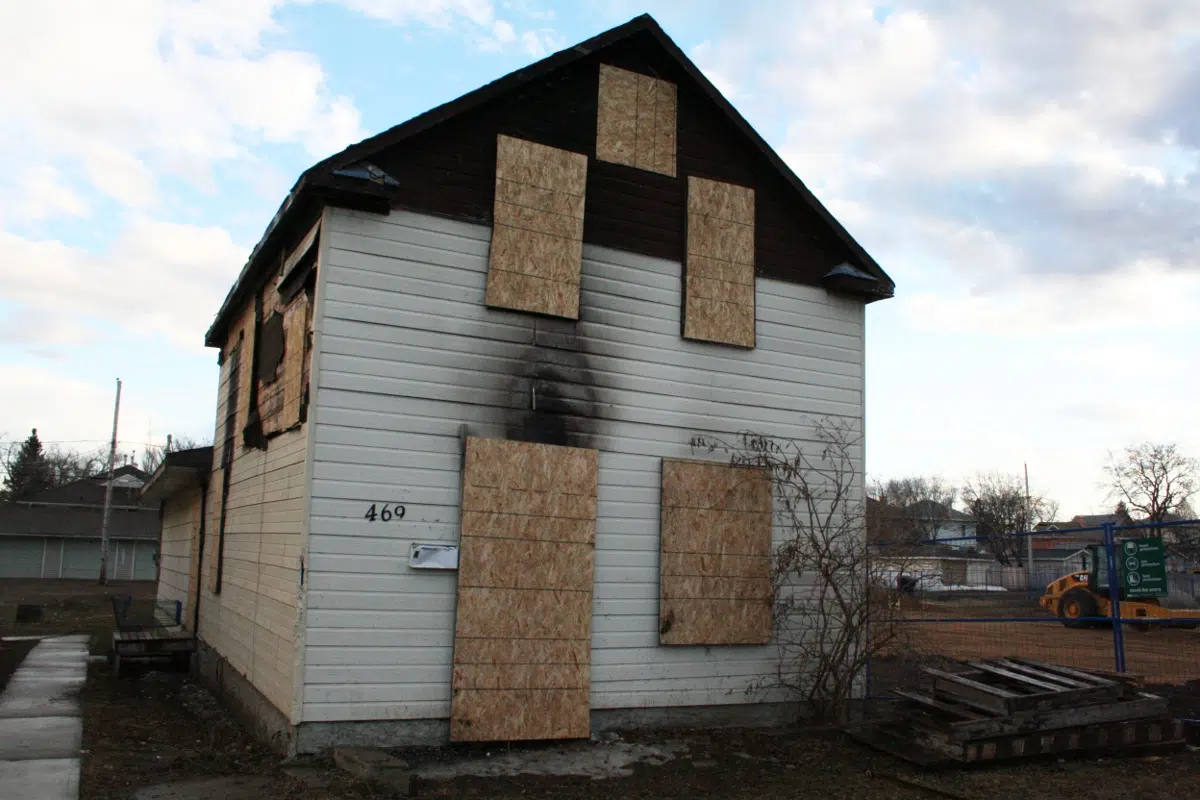
Vacant private lots vexing issue for City
Prince Albert is looking to the provincial government to help it deal with one kind of urban eyesore, undeveloped, vacant private infill lots.
Lots that are overrun with weeds, or that have unoccupied buildings which have been damaged by fires or have been ordered to be demolished for health reasons are the ones Mayor Greg Dionne would like to tackle. He said these are more of a challenge because they are privately owned.
“We have quite an inventory of them,” he said of the vacant infill lots.
“The problem is we have to come up with a formula to encourage these people (private owners) either to sell the lots or to give them away.”


